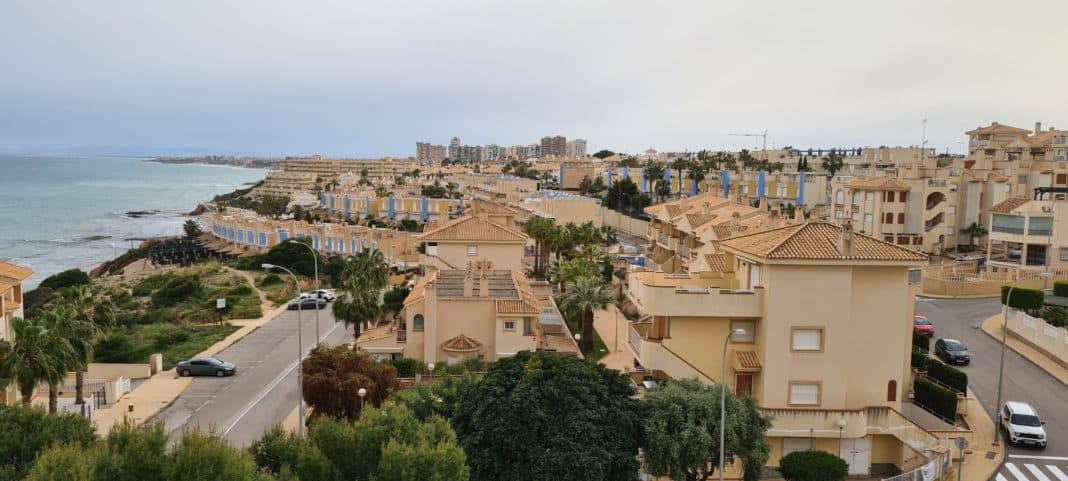Ciudadanos are calling the announcement of a cadastral review by PP and Vox, a move that will increase the IBI, “extortion” after they promised six months ago that they would lower taxes. They say that they do not rule out demonstrations if the planned changes go ahead.
They add that, just six months into their stewardship, the financial situation of the Orihuela Council must be complicated for the PP-Vox coalition, to dare to do something that previous local governments have been very careful to avoid: updating the cadastral values, which in practice implies an increase in taxes for the majority of owners, especially those on the Orihuela Costa.
PP and Vox, however, say that this is a necessary review because the current value of the properties, last updated 30 years ago, does not correspond to what appears in the cadastre. They say that the present IBI tax rate of 0.695% will not be touched.
However, this cadastral review, which the mayor Pepe Vegara confirms will be introduced at the end of 2024, will mean an increase in the municipal income of ten million euros annually, a very useful adition to the funding that will be predominantly sourced by people who live on the Coast, where residents believe that the levels of public services are far lower than those provided elsewhere in the municipality.
José Aix, spokesperson for Ciudadanos (Cs), was especially critical of the decision by the right-wing coalition government. “This seems like an absolute ‘con’ to us. Just six months ago PP and Vox promoted the idea of lowering taxes on Oriolanos saying that they were going to make everything much easier,” And now, the C’s leader points out, “we find ourselves with the announcement of a brutal tax increase, coming at the worst possible time when people are already facing many difficulties.”
Aix continues, “We do not rule out demonstrations, nor raising our voices more forcefully. If they were so clear about what they were going to do, why didn’t they tell us during their municipal election campaign. They are laughing at us, and we are not going to allow this.”
The reaction from many residents of the Oriola Coast has not been long in coming. They range from surprise at the announcement to indignation, because the feeling of abandonment by the local administration of this area of the coast has taken root in recent years.
It is the coastal residents who would be the most affected by the update of the cadastral values which has thousands of homes built between 1994 and the present.
According to Tomás Moreno, President of the Neighbourhood Association of Cabo Roig and Lomas-Orihuela Costa (AVCRL), many of the 30,000 residents consider that the measure punishes them twice, both for the cadastral revaluation itself and for the fact that they feel that they receive “terrible” municipal public services in exchange for the taxes they already pay.
Residents are clear: they have been waiting for decades for payment of their taxes to be more accurately reflected in better public services for the Coast. In their opinion, the standard of waste collection is very poor, as is the conservation and construction of new green areas, the state of the roads and signage, as well as the capacity of the sanitation network, which regularly overflows onto public roads. They say there is an almost total absence of municipal provisions.
But there is also a large section of the community that would willingly pay more in IBI if the monies raised were to be put back into the coast. They too say that the council has been taking the IBI for many years without maintain the Coast in good condition, and that must change whether or not they raise the IBI. “Should taxes be raised, and the infrastructure does not improve, residents will be much more vigorous in making their feelings known,” they say.
Meanwhile, Orihuela Costa continues to be an important source of income for the Oriola municipal budget. Despite the lack of updating of cadastral values, it continues to be the main collection area for Real Estate Tax, the Construction and Installations Tax (ICIO), which taxes the important activity of promoting tourist housing, urban planning licenses, and important million-euro auctions of municipal land intended for residential construction.





